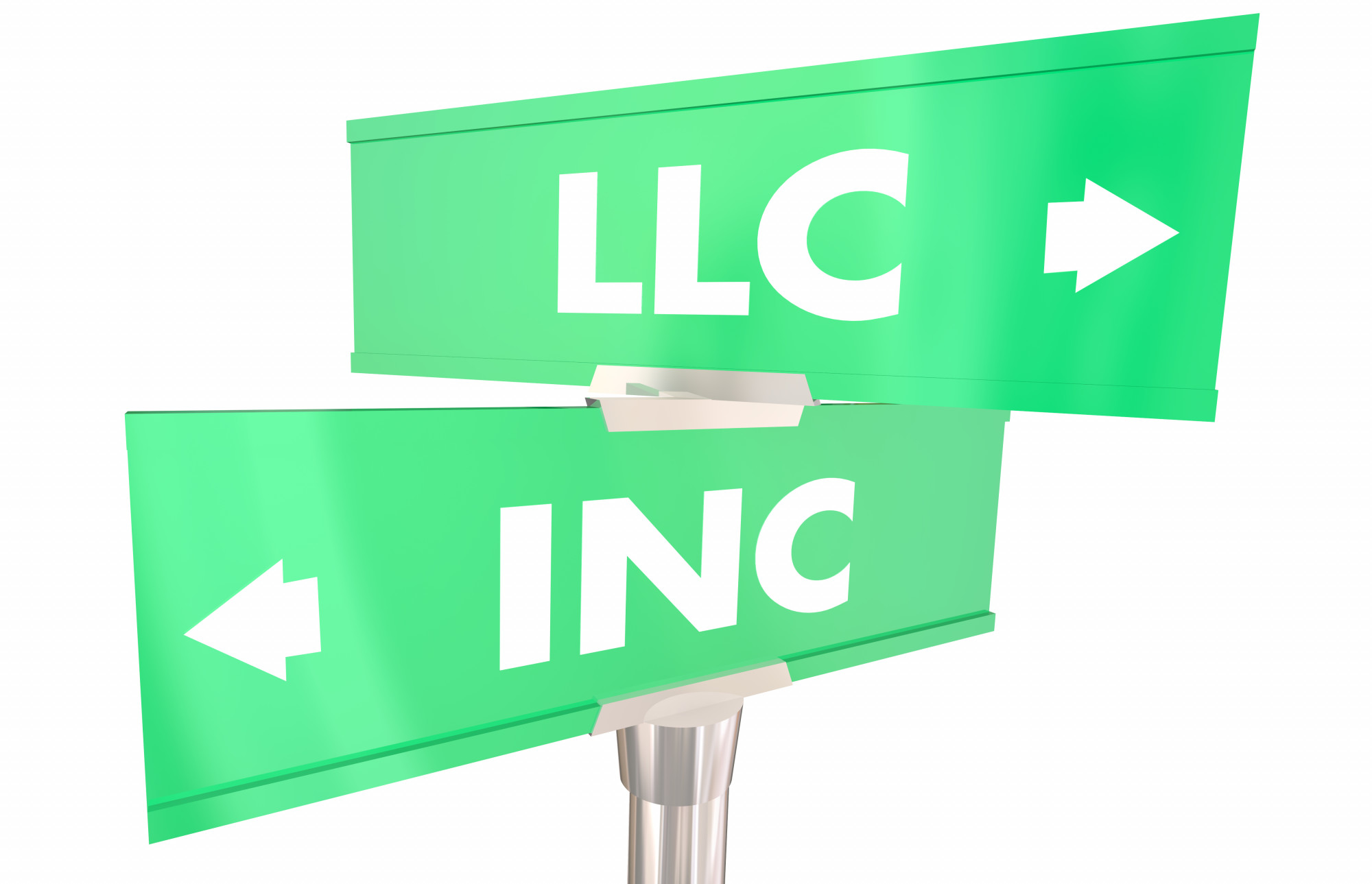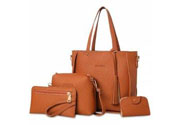I Started A New Closeout Company. How Should I Incorporate?

Incorporation is the process of shaping a corporation. Incorporated businesses (C corp or C corporation) refer to a section of the IRS code and are not the same as sole proprietorship—they have a set of benefits and advantages that other types of businesses do not have. Closeout companies that specialize in excess inventory and inventory liquidation can be incorporated in many different ways. The fact that a business sells closeouts or regular imports makes little difference in how the company incorporates. Whether the business liquidates inventory wholesale or has a retail warehouse liquidation does not matter either. If you’re the owner of a small business and want to know how to incorporate it, you should consider the steps needed to do so if you want to significantly expand your business.
Corporations and LLCs offer greater asset protection than sole proprietorship and general partnerships, which is a strong reason for incorporating a business. Usually, large companies that buy and sell closeouts choose to be a corporation. A sole proprietor or general partner has unlimited personal liability for the debts and obligations of the business, and this is more often how a small closeout broker or inventory liquidation consultant may choose to organize. In other words, their personal assets (like their home, car, and personal savings) remain at risk in a judgment against the business. For example, if a 3PL warehouse is closing and selling off it’s excess inventory, and an employee is injured by a forklift, it would be better for the warehouse to be incorporated. The company buying the excess inventory would not be accountable in any way so the burden would fall on the company having the warehouse liquidation.
In contrast, corporations and LLCs allow owners to separate and protect their personal assets from the debts and obligations of the business. In a properly formed and structured corporation or LLC, a judgment against the business should not affect an owner's home, car, savings, or other personal assets. Again, as an example, if a large company is disposing of excess inventory to a closeout buyer, and a child is injured as a result of one of the products, the lawsuit may personally affect anyone who is a sole proprietor. If the company purchasing the closeouts is incorporated, the individual officers will be protected.
Typically, most people incorporate, or form a limited liability company (LLC), to safeguard their home, car, and personal savings. Incorporating helps you conduct business without the apprehension of losing personal possessions due to a business liability. A business liability can be anything from product liability in the case of defective products to someone getting hurt on a treadmill they bought from you. Closeouts can be particularly tricky because people may think the product was defective to begin with. Just because a product was purchased at a warehouse liquidation doesn’t mean anything is wrong with it. First quality perfect merchandise is often sold as overstock or closeout inventory due to a business having too much inventory or needing to make room for new products. Major importers may sell closeout furniture, overstock housewares and closeouts of sporting goods or lawn and garden products due to overstock situations. There is nothing wrong with the merchandise, even though it may be sold for pennies on the dollar.
LLCs are popular with small business owners because they combine the simplicity of a corporation with the tax advantages and flexibility of a partnership. Both businesses and individuals can own an LLC. LLCs draft an internal operating agreement to govern ownership. Unlike LLCs, corporations issue shares of stock. The IRS taxes most corporations at a lower tax rate than individuals. Corporations use bylaws to set forth the management rules with their shareholders, directors, and officers. This all has little to do with the type of business in question. Liquidation warehouses and wholesale closeout buyers can be small sole proprietors or large multi national corporations and inventory liquidation specialists. Still unsure of the right structure for your business? Read more about the differences between an LLC and an Inc. to see which makes the most sense for your business.
Imagine a scenario where a partner or partial owner of your business files for personal bankruptcy. That could directly impact the business by opening up its assets to any creditors seeking to collect what they are owed from the owner. By incorporating your business, you are separating the finances of each of the shareholders/owners and its employees as well. That means that the business would continue without disruption, it's finances would not be at risk. This clear protection and separation is another one of the many benefits of choosing to form a corporation. Since closeout companies are often involved in very large transactions of wholesale liquidations, this is an important point to consider.
Often times, a corporation will elect or may be forced to elect to use what is called a business indicator in the name of the business during formation. Adding INC. to your business name for example can really help prove your credibility to potential vendors and customers. Think of major retailers like Ross, Walmart, Burlington, TJ Maxx and Dollar Tree. It demonstrates that your business is operating as a legal entity, registered and approved by the state, which plans to operate under the legal limits of the law. Depending on the closeout industry in which your business operates, a formal business structure may be a prerequisite to win valuable contracts, and could be the difference between success or business failure. A simple Google search turns up dozens of wholesale liquidators and closeout buyers, but just because each is in the overstock liquidation business does not mean all companies are equally reliable.
You have the option of filing the paperwork yourself, through your attorney or by using a third-party service. You should choose the option that you are most comfortable with and the one that works within your budget. Choosing the structure of your business is not an easy or small decision to make. Make sure you take the time necessary to gather all of the information you need to make an informed decision.
Merchandise USA is an excess inventory liquidator. We buy and sell closeout housewares, toys, home décor, lawn and garden, sporting goods etc. We buy all overstock and wholesale closeouts.



